This week some of the shares will receive yellow summer squash and others will receive zucchini. The storage and preparation techniques will be similar for both of them.
Yellow summer squash is a welcome staple every summer. Low in calories, easily digested, and very nourishing, it adapts easily to a variety of recipes. Since summer squash is approximately 94 percent water, it’s a wonderful replacement of lost fluids on those simmering July days. It is also a great source of vitamins A and C, potassium and calcium.
Summer squash dehydrates quickly, so store it in a plastic bag or hydrator drawer in the refrigerator for up to one week. Remember if damaged or bruised it will deteriorate very quickly.
To prepare, rinse clean and wipe dry with a cloth or paper towel. No need to peel, the skin is edible.
To serve, cut into sticks or rounds and add to a colorful tray of other fresh veggies. Serve with your favorite veggie dip. Grate or thinly slice into green salads, or shred to make a squash slaw. Summer squash can be cut into chunks or thick slices and added to summer soups or stews. To retain texture, add toward the end of cooking time. It is a colorful addition to a stir-fry; again, add at the end of cooking time. Try grilling summer squash halves. Baste with a little olive oil, grill about 3-4 minutes on the hottest part of the grill, then move to a cooler part of the grill and grill 8-10 minutes more. They are also excellent for shish kabobs.
Summer squash may be cooked, pureed, and then frozen to use as an addition or a base for winter soups. Freeze in an air tight container.
One of the many varieties of summer squash, you’ll find zucchini is excellent in replacing lost fluids on hot summer days as they also are approximately 94 percent water. Low in calories and a great source of vitamins A, C, potassium and calcium, zucchini is easily digested and nourishing.
Remember that zucchini dehydrates quickly. Store in a plastic bag or refrigerator hydrator drawer for up to 1 week.
Anyone who has used or grown zucchini knows how versatile it is. The possibilities are endless! Use raw in veggie trays, with a dip, or grated or sliced into green salads. Steam/saute’ alone or with other vegetables. Serve with butter and a sprinkle of herbs or Parmesan cheese. Try grilling them. And don’t forget zucchini bread, muffins, or cake.
Did you know?
- There are two different types of squash: summer and winter squash.
- Summer squash, like zucchini or pattypan squash, have thin skins and can be eaten whole — skin, seeds, and all.
- Winter squash like butternut squash have robust skins that aren’t usually edible, much harder flesh, and their seeds generally need to be removed before eating.
- Most winter squash have long shelf lives and can last in a cool, dry place for weeks or even months!
- No, spaghetti squash doesn’t taste like spaghetti. It gets its name from the fact that, when it’s cooked, its flesh separates into shapes that look remarkably like noodles.
- Florida is the biggest squash producing state, followed by New York, California and North Carolina.
- The United States is the world’s biggest importer of squash.
- Squash is an excellent source of vitamin A and vitamin C. a one-cup serving of squash provides about half of the daily requirements of vitamin C, and 4.5 times the daily requirement of vitamin A.
- Squash is an excellent source of potassium and manganese. It’s also a good source of calcium, magnesium, vitamin E, thiamin, niacin, vitamin B6, and folate.
- Pahl Farms grow over 8 different varieties of squash on over 40 acres.



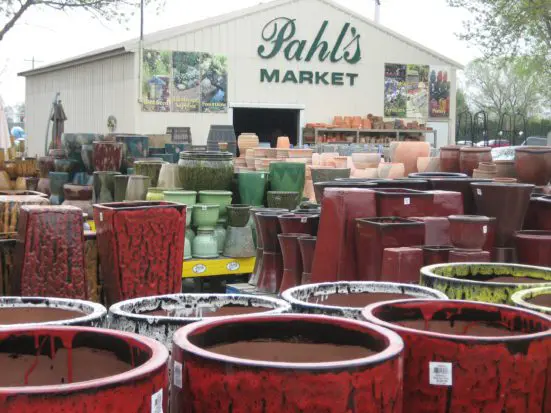
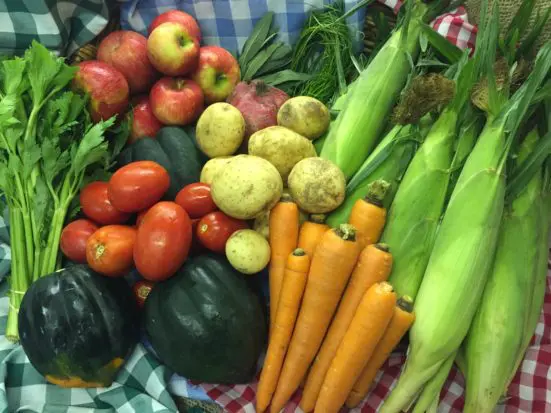
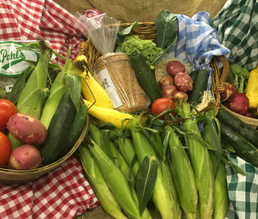

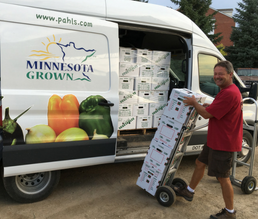





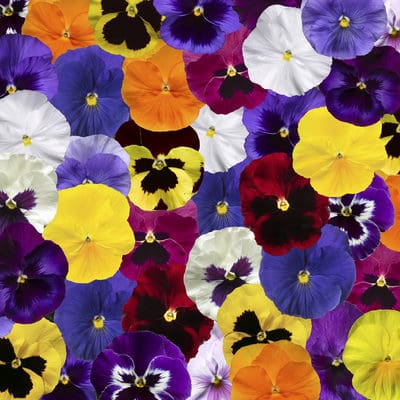




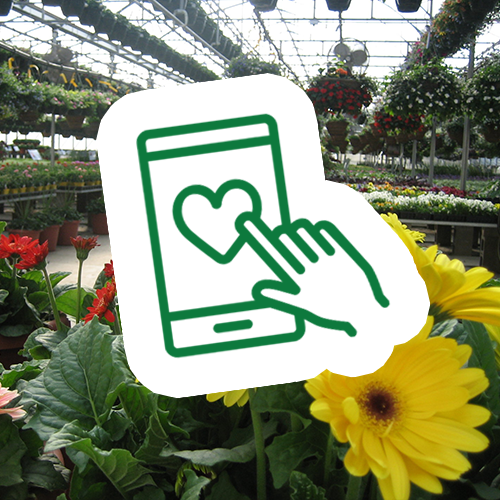
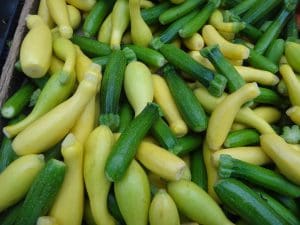
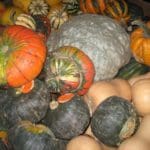
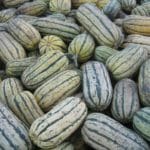
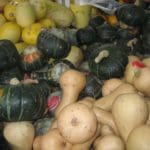
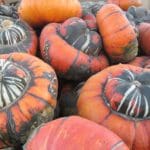
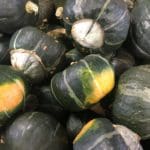
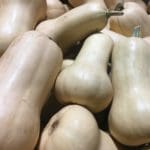
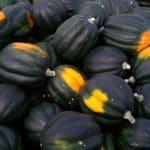


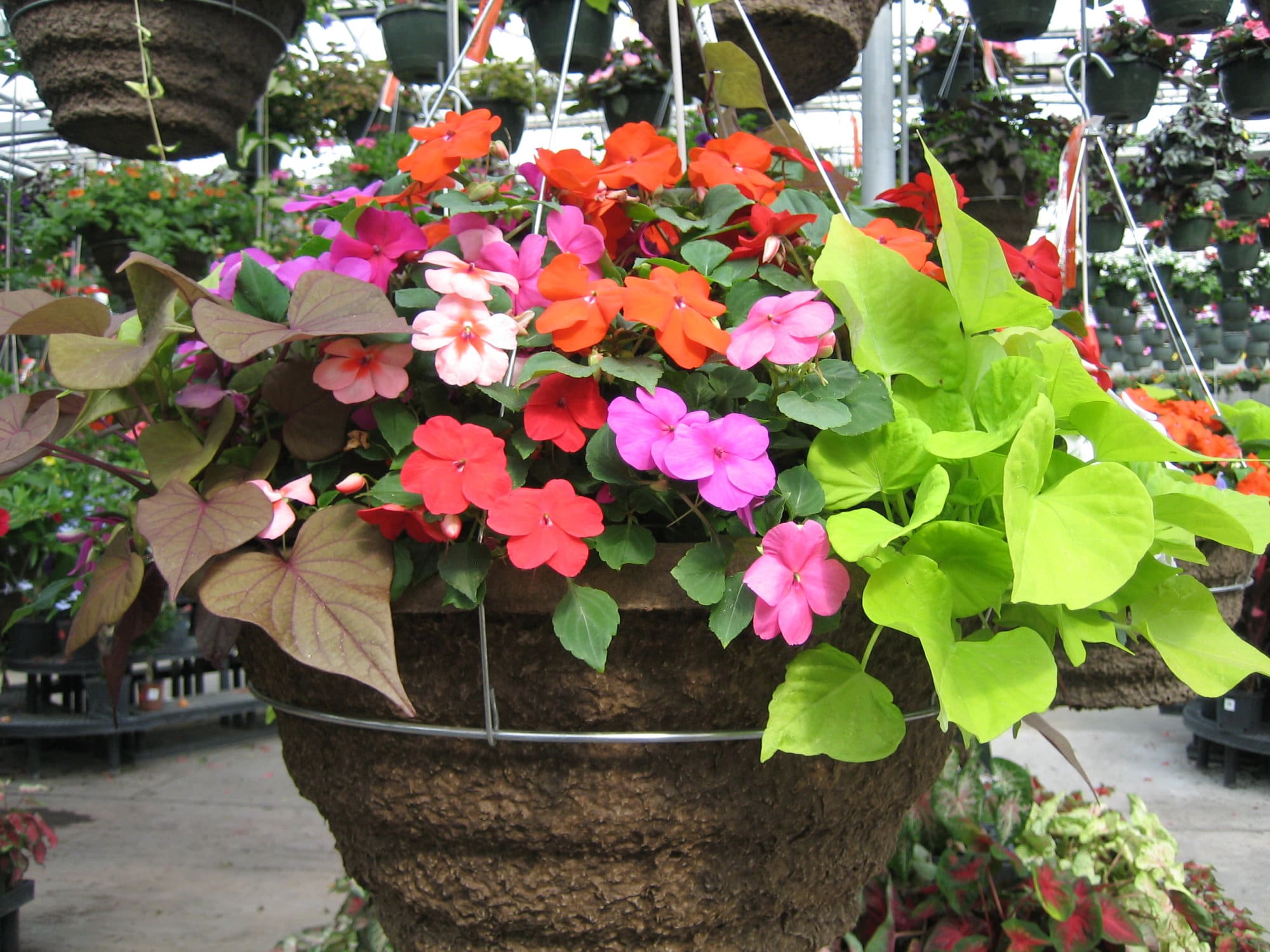
0 Comments